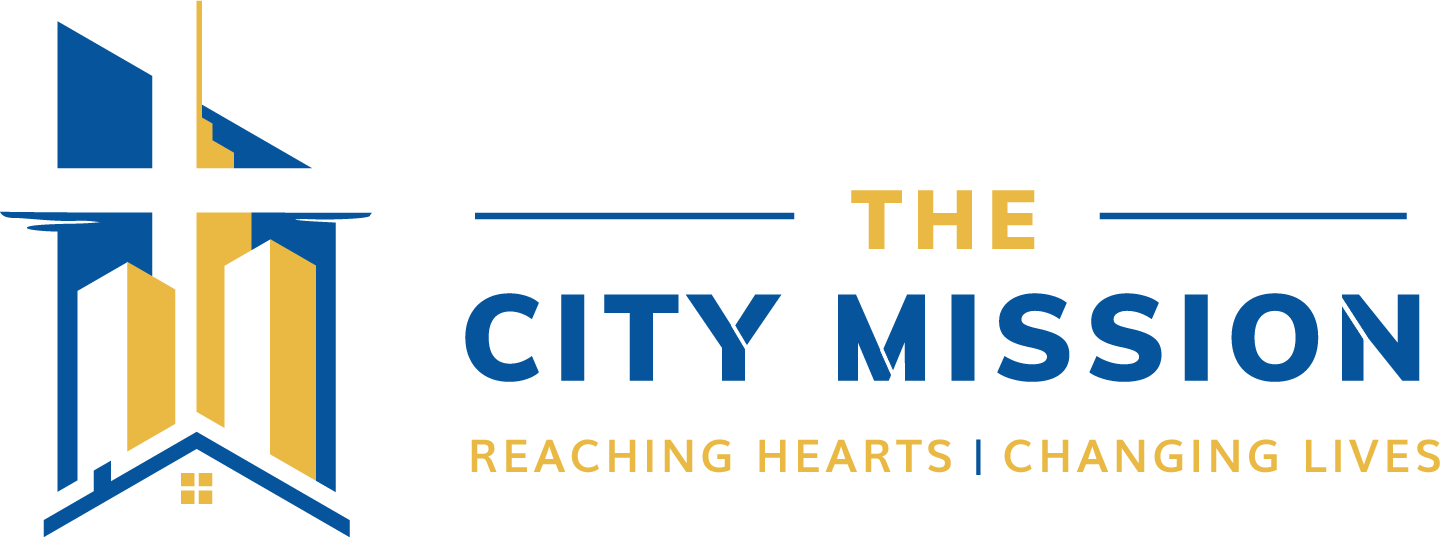Just Get a Job
At The City Mission, a fresh start is not just a New Year’s resolution – it’s potentially a matter of life or death.
The City Mission’s longstanding programs provide the wraparound services that men, women and children need to move from crisis to stability. The stakes are high for these clients. Many of these men and women come to the Mission from experiencing homelessness due to a number of factors – addiction, domestic violence, incarceration, eviction, job loss – the list goes on and on.
The City Mission provides wraparound services that include food, housing, counseling, job prep and casework in order to prepare families and individuals to live sustainable lives when they graduate. Their services are in high demand – Crossroads Men’s Crisis Center has capacity for 110 men but has been full for the past several months, and Laura’s Home Women’s Crisis Center’s 165-person facility has operated on a waiting list since 2012. And the waiting lists aren’t getting shorter anytime soon. The average client stay is anywhere from 6-12 months.
“Why don’t these people just get a job?” is a question The City Mission often hears about their clients. Many of their guests are hoping that their fresh start in 2018 will be just that – a consistent, adequate paycheck. But finding employment that meets those two standards is not easy. Here’s why:
1. Education
Lack of education is a serious barrier to finding a job. In today’s modern world, finding a job as a high school dropout that can support a family can be near impossible. In fact, almost any job with a sufficient salary demands a postsecondary degree. According to the Georgetown University Center on Education and the Workforce, 65 percent of all jobs in the economy will require postsecondary education and training beyond high school by 2020.

That statistic is devastating for homeless families, who are mostly headed by single mothers. Over half of mothers experiencing homelessness do not have a high school degree. Denise Eaddy, Program Manager of The City Mission’s Laura’s Home, shared that the average job their clients obtain pays only 11 dollars an hour. “To afford a basic two bedroom apartment a woman needs to make at least 15 dollars an hour. These women are trying to make it on 30 dollars for two weeks.”
Sadly, the number of jobs for individuals with minimal education is only decreasing, leaving many families struggling to pay for the most basic needs. Places like Laura’s Home are working to bridge the gap by offering classes that help women obtain GED’s, prepare resumes and practice interviewing, but the challenges are great. “You do what you can to survive, but at Laura’s Home we’re here to teach them new ways to survive,” says Eaddy.
2. The Digital Wall
“The biggest challenge for our clients, especially older clients, in seeking and obtaining employment is the digital wall,” says Justin Ross, The City Mission’s Resource Center Supervisor. Ross’s job at Crossroads Men’s Crisis Center is to assist men in obtaining education, employment and housing goals. “We’ve started to adopt an online program that helps bridge digital skills, but even that’s difficult because some guys don’t know how to use a keyboard.”
In a world where everything from blue to white collar business is built around technology, finding employment without knowing how to begin an email is an insurmountable task. Job search engines have taken the place of door-to-door inquiries, and even fast food job applications are often only available online. Forget showing that you have adequate skills to perform a job in a world that requires tech aptitude – people without computer literacy skills are not likely to even find open positions, unless they scale the digital wall.
3. A Criminal Record
At least 35% of male and 30% of female guests of The City Mission have a criminal record. Part of The City Mission’s work is acting as a bridge for formerly incarcerated individuals back into society. Brent Richards, Chaplain of The City Mission’s Inmate Outreach Services explains that a criminal record is not only harmful to one’s chances of finding employment, but to the community.
“After release from prison, there’s what’s referred to as collateral punishments – they lose their law or nursing license, and when they come out they have to go into a field they’re not prepared for. Other times, depending on your offense, all fields are shut down, and they simply can’t be hired,” says Brent.
The first year after a person’s release is critical to the recidivism rate, which is the tendency of a convicted criminal to reoffend. If someone does not offend in that first year, it’s highly unlikely they will offend ever again. However, the inability to be hired can become a devastating factor for a formerly incarcerated person and therefore their entire community. “If a person is left to their own devices after release, they’ll go back to the only thing they know to relieve their immediate crisis – crime. There are more barriers than safety nets, and we need some safety nets.”
4. Childcare
Childcare is perhaps the most heartbreaking barrier to finding a job. Often, single mothers and fathers are forced to make a decision between caring for their children and working enough hours to provide for food, shelter, and other essentials.
At current Cleveland rental rates, a person would need to work 100 hours a week at a minimum wage job to afford a simple apartment. That leaves only 68 hours in the week to care for one’s children, travel to work, eat and sleep.
Without a trustworthy support system such as a family member or friend to watch children, Ohio parents could face paying an average of almost $8,000 per child for reliable daycare. While childcare vouchers are available to low-income families, daycare centers do not always have open spots in an individual’s immediate area and are not open for full workdays, weekend, or evening jobs. Without a healthy support system, a single parent must consider leaving children to their own devices, or forgoing work and relying on social services.
Answer the Question
There are many more reasons that finding employment is a major challenge for individuals experiencing homelessness – transportation, mental health, hygiene, etc. But there is one solution that overcomes every issue – relationships.
“I think we overestimate the importance of the big, organizational programs, and we underestimate the power of tiny acts that come through and touch a person as a human. What they need are people to care about them and walk with them,” says Ross. In every one of these barriers to obtaining employment, it’s clear that relationships – a hand up, not a handout – are critical. A fresh start is possible for us all in 2018, but not without the support of family, friends and mentors. This New Year, will you be asking the question, “Why don’t they just get a job?” or will you be part of the answer?
If you’d like to learn more about or get involved with The City Mission’s Resource Centers at Laura’s Home and Crossroads, head to our volunteer page!
Every contribution makes an impact
Reaching Hearts | Changing LIVES
The City Mission is funded entirely by private donations from people like you.
Will you provide help and hope to people in crisis today?
84¢ OF EVERY DOLLAR DONATED IS USED DIRECTLY FOR RESIDENT CARE.

